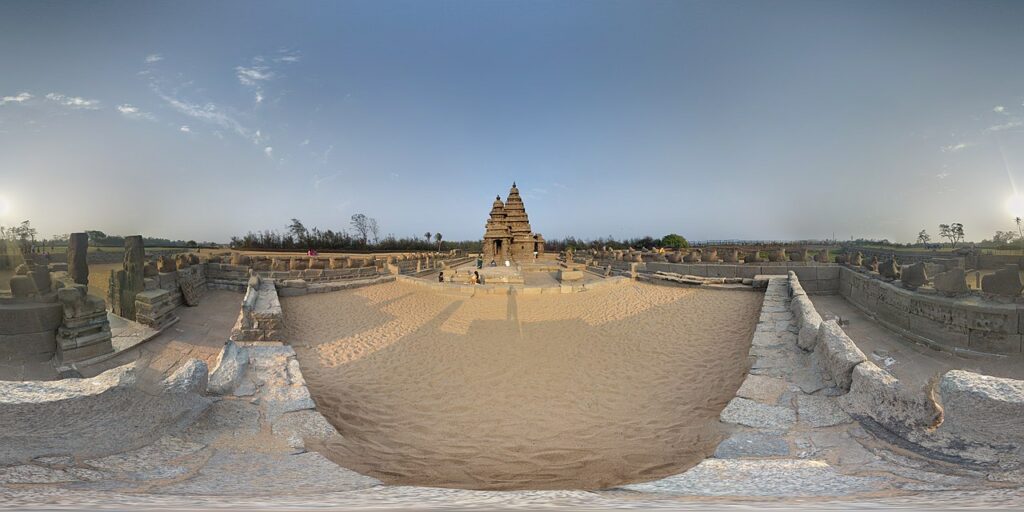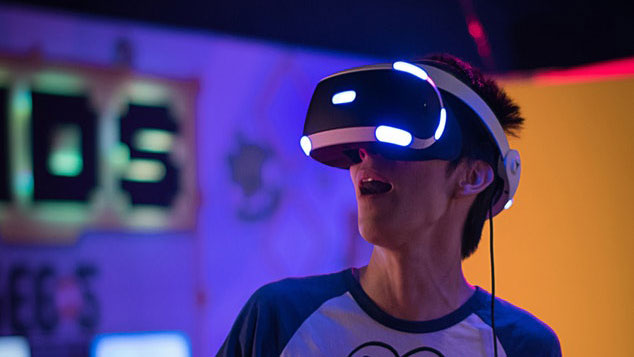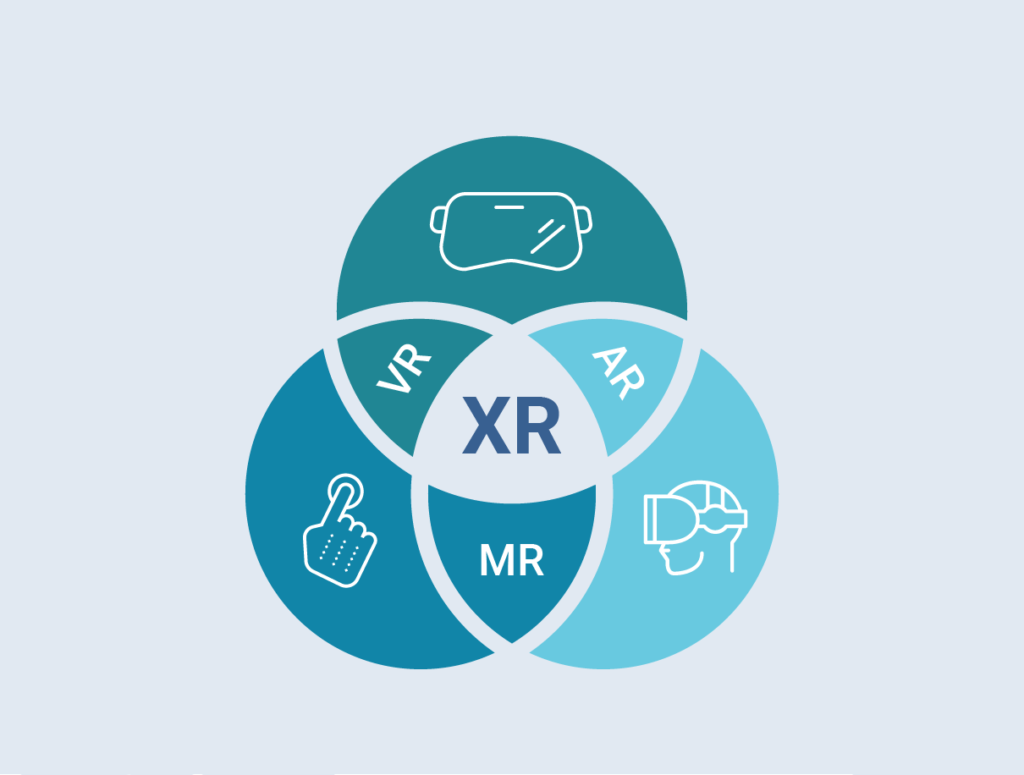Immersive technology is those technologies that integrate virtual and real-world elements. It creates a sense of immersion by emulating the physical and real-world with the means of the digital world. It thus creates a blur between the real and virtual worlds.
In other words, it leverages the 360-degree space around us. Some types of immersive technology overlay digital image on the user’s environment while some others would create new realities by engaging with the user in a way that he would completely immerse himself in the digital environment.
The different types of Immersive Technology are 360, VR, AR, MR, and XR:
- 360 degree is the most basic and most familiar technology. You can find 360-degree video contents on Youtube. Google and many other websites. For example, 360-degree view of a tourist place or in many common PC games. It allows users to explore content by looking in any direction.

- Virtual reality (VR) is a fully immersive experience where a user leaves the real-world environment behind to enter a fully digital environment via VR headsets. It allows users to experience real and imagined worlds as if they are really there. Popular examples of VR are HTC Vive, Oculus Rift, Playstation VR etc…

- Augmented reality (AR) is an experience where virtual objects are superimposed onto the real-world environment via smartphones, tablets, heads-up displays, or AR glasses. In other words, digital images are presented on top of the real world. For example, Snapchat filters or Pokemon game

- Mixed reality (MR) is a mix of VR and AR. It is a step beyond augmented reality where the virtual objects placed in the real world can be interacted with and respond as if they were real objects. Unlike VR, however, a user is not shut out from the rest of the world. Example, Microsoft Hololens

- Extended Reality (XR) describes the full spectrum of Immersive Technology (VR, AR, MR). Extended Reality (XR) is an umbrella term that covers all of the various technologies that enhance our senses, whether they’re providing additional information about the actual world or creating totally unreal, simulated worlds for us to experience.

Read more on:




